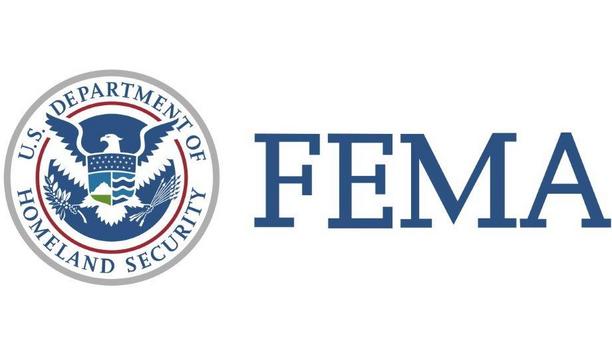In the May issue of Builders’ Merchant News, Encon's Merchant Development Director Mike Beard reflects on the Government’s new Energy Security Strategy and explains the lost opportunity to combine green energy with energy efficiency.
Brexit, Global Pandemic, War… they say ‘things come in threes’ but I imagine few predicted this trio.
In 2019 the potential of a ‘No Deal’ Brexit clouded confidence, and the full impact of exiting the EU was yet to be realised. However, the industry barely had time to absorb the reality, let alone understand the full impacts, when COVID hit in March 2020.
A global pandemic
A global pandemic dominated headlines, lives, and businesses for the next two years as we adapted to a new norm. Government’s recognition of the important role of construction to UK’s economy was a lifeline, fuelling a surge in new build and home improvement activity.
The exceptional demand was good news for manufacturers, distributors and merchants alike, but it also triggered new challenges in material shortages, product allocation, long lead times, haulage difficulties and soaring price rises.
Product availability and growing lead times are unlikely to go away any time soon, but more concerning is the extraordinary level and frequency of price increases, which in more recent months have been enacted with little notification. Distributors and merchants have no choice but to pass these down the supply chain, while absorbing their own significant cost base increases.
Russian’s invasion of Ukraine
Russian’s invasion of Ukraine has amplified pre-existing issues and inflationary pressures
Russian’s invasion of Ukraine has amplified pre-existing issues and inflationary pressures, pushing the price of building materials, fuel and energy to new record levels. The consequences of war, rising inflation and an energy crisis will inevitably impact on RMI as the spiralling cost of living squeezes disposable incomes.
Recognising the urgent need to reduce fuel and energy prices, and working towards Net Zero by 2050, the Government announced its new Energy Security Strategy in April.
The aim is to reduce the UK’s dependency on imported supply by accelerating the country’s deployment of wind, new nuclear, solar and hydrogen power, and support the production of domestic oil and gas in the meantime.
Fully utilising reserves
The focus is on fully utilising reserves in the North Sea, using the empty caverns for CO2 storage, bringing through hydrogen as an alternative to natural gas and using offshore expertise to support offshore wind sector.
A key part of the plan is to also increase the UK’s current 14GW of solar capacity, split between large scale projects through to smaller scale rooftops, which is expected to increase fivefold by 2035.
Solar is seen as a globally abundant resource, and with the cost of solar falling by approximately 85% over the last 10 years, it appears an obvious route forward.
Elephant in the room
The UK housing stock is the oldest in Europe and one of the least energy efficient
However, it seem to be dashing to Net Zero with no joined-up thinking about how to get there. While the new strategy emphasises the Government’s commitment to zero carbon and to a strong and evolving North Sea industry, it fails to address the significant issue of improving the UK’s 29 million inefficient homes.
Solar panels may well be an excellent way to provide a source of power, but if the building is poorly insulated, a proportion of the heat will be lost straight away, and any cost saving benefits are significantly reduced.
The UK housing stock is the oldest in Europe and one of the least energy efficient. Poor efficiency of our housing stock has been the main cause of fuel poverty for some years, with almost 2.5 million families unable to maintain a reasonable temperature in their homes due to low income.
With the cost of living and energy now at eyewatering levels, more families across the country are being forced to choose between heating and eating.
Government-led green initiatives
Previous Government-led green initiatives have all come and gone with great fanfare but an effective retrofit strategy through properly insulated roofs and walls is long overdue.
With rising energy costs expected to be with Encon for potentially the next decade, improving the thermal efficiency of the buildings can no longer be avoided or displaced. Saving energy is now equally important as generating energy.
As an industry it is vital for Encon continue to lobby Government for energy efficiency initiatives that are effective, planned and delivered with the involvement of the industry and with those that can make it happen.
It not only provides a more immediate solution to reducing energy consumption and lowering emissions, but it also boosts RMI activity and most importantly, provides homeowners with savings on fuel bills during a cost-of-living crisis.
















